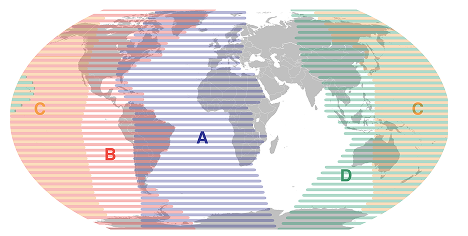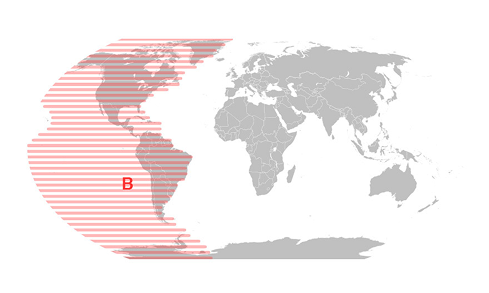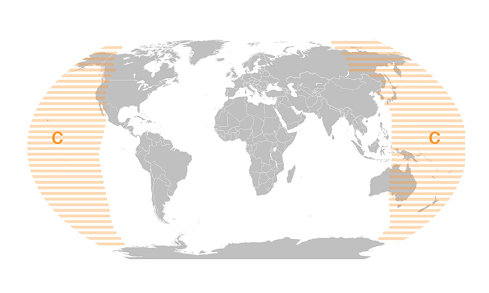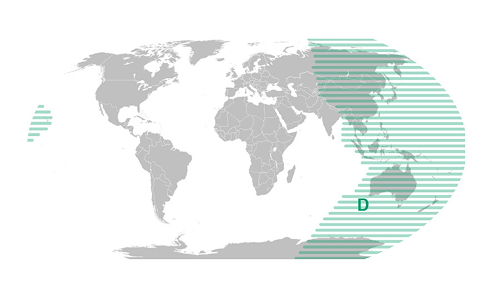
That Makes Us Uncomfortable – Limited Circles
We all struggle with some needs on the Circle of Security. The important and yet difficult learning from attachment theory is that where we struggle, our children struggle. In Circle of Security, this idea is captured by the Limited Circles – where we feel uncomfortable, our children feel uncomfortable and so, they learn to miscue their needs on this part of the Circle, hiding them from us. It becomes an unconscious agreement in the relationship – “We don’t go here, it’s not safe.”
I had been guided by Circle of Security as a professional working with parents for many years before I became a parent myself, so this idea was very familiar to me. Yet, it did not take away the pain of seeing the struggle in my relationship with my young son. Security was something I deeply wanted him to know and experience. I was ready to see and respond to his needs on the Circle, offering support for exploration, providing a safe haven of comfort and containment.
But instead of having confidence in my capacity as his caregiver, I was fearful of getting it wrong, of missing his needs and of him living his life with the insecurity I have known. Of course, this fear permeated my every response to him. Instead of calm availability on the Bottom of the Circle, I would anxiously rush to him when he cried, scared he would feel abandoned and alone when I wasn’t immediately there to offer comfort. Instead of watching over on the Top of the Circle, letting my joy and delight naturally emerge and being confident in my capacity to sense when he needed help, I was on edge, always feeling I was either doing too much or too little.
I began to see this same tension and discomfort reflected in my son. He was anxious and uncomfortable because I was anxious and uncomfortable. The pressure I put on myself, on our relationship to “offer security” reflected my very high levels of doubt and insecurity in my capacity as a caregiver. I’ve slowly been working on recognizing these moments of doubt and pressure as Shark Music. When each moment starts to feel make or break, when I feel paralysed by fear and unsure of how to respond, I know I’m hearing Shark Music. It’s in these moments that I most need to lean into the void and let my best, messy, human self, respond, knowing that it will be good enough. And it’s become that way – I can feel the pressure drop in our relationship. I can sense the calm growing. And I am beginning to trust in my wisdom to respond in the moment, offering strength, warmth and kindness.
Hearing each other’s stories helps us connect with caregivers all around the world; and it also offers opportunities to reflect more on the Circle of Security that is present in all our lives. Please consider sharing your own story for our blog page. Click here to submit your story.







